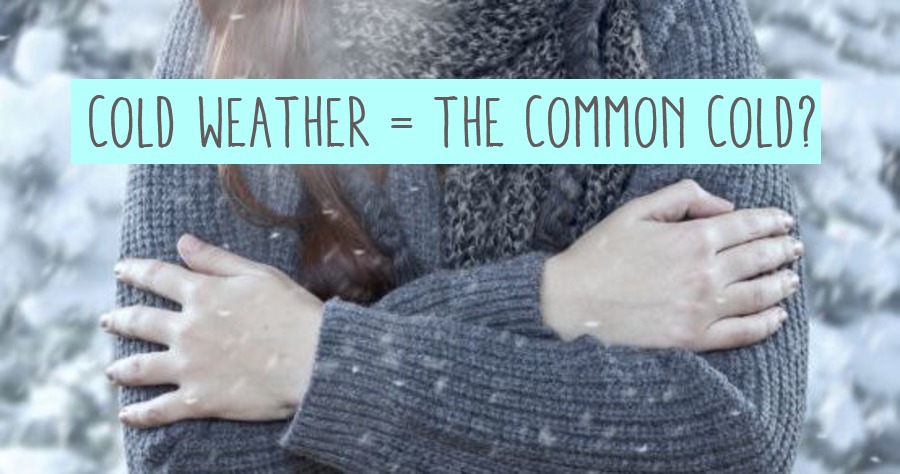You Are More Likely To Get A Cold In Cold Weather, But It's Not For The Reason You Think
Your Mom was right: you are at more risk of getting a cold when the mercury drops!

© Thinkstock
If you ever scoffed at your Mom for insisting that you bundle up before going outside in cold weather so you don't go catching a cold, you might have some apologizing to do.
It turns out that cold weather does play a critical role in the common cold: but not for the reason your Mom thought.
But first, let's understand the common cold better.
What Exactly is the common cold?
The "cold" is actually a group of around 200 viruses that all cause similar symptoms when contracted: a stuffy head, runny nose, coughing, headache and even fever, the most frequent one being the rhinovirus. People usually recover from the cold within seven to ten days, but certain symptoms can linger for weeks.
You are much more likely to contract the cold during the colder months of the year, but the cold temperature does not actually cause the disease.
The most common method of transmission is by being in contact or close proximity with infected people. Children tend to "catch" the cold more frequently than adults, who have had more time to develop immunity.
As the most frequently occurring infection among humans, the common cold is, simply put, very common!
So What's new?
Well, researchers at Yale University have recently shown that the rhinovirus reproduces more easily in cold-temperature nasal passages than in warmer core body temperatures.
The study also seems to show that cold temperatures reduce our immune system's ability to respond to the virus.
So if you come into contact with the cold virus in winter, it's a double whammy: it will grow more easily, and it will be harder to kill than in hot weather.
Time to put on another layer then!
Pssst, if you're already suffering from a cold, here is how to treat it around the clock.
More steaming articles
 25 fast beef dinners you can't mess up
25 fast beef dinners you can't mess up
 50 ways to make the most of summer...
50 ways to make the most of summer...
 10 habits that will make you a better...
10 habits that will make you a better...


Comment on this article